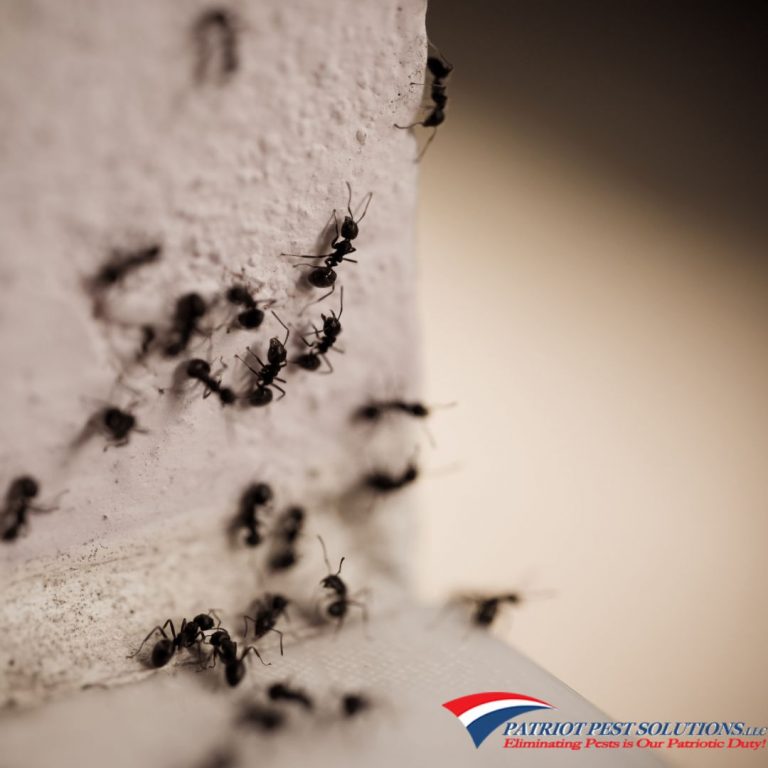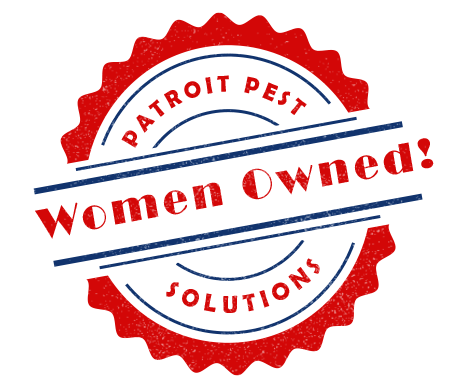Pennsylvania is home to a diverse range of ant species, each with its unique characteristics and habitats. Below is a guide to some of the most common ants you might encounter in the state.
1. Carpenter Ants (Camponotus species)
Identification:
- Large ants, typically ranging from ¼ to ½ inch in length.
- Black or bicolored (red and black).
Habitat:
- Prefer moist, decaying wood where they can build their nests.
- Commonly found in dead trees, stumps, and occasionally in homes.
Behavior:
- Known for hollowing out wood to build their nests, which can cause structural damage.
2. Pavement Ants (Tetramorium caespitum)
Identification:
- Small, about ⅛ inch long.
- Light brown to black in color.
Habitat:
- Often found nesting under sidewalks, driveways, and building foundations.
Behavior:
- Forage indoors for food, especially in kitchens.
3. Odorous House Ants (Tapinoma sessile)
Identification:
- Small, about ⅛ inch long.
- Brown or black with a distinctive smell when crushed.
Habitat:
- Nest in a variety of locations, both indoors and outdoors, including walls and floors.
Behavior:
- Attracted to sweets and are often found in homes.
4. Field Ants (Formica species)
Identification:
- Medium to large ants, ranging from ¼ to ⅜ inch long.
- Various colors, including black, red, or a combination.
Habitat:
- Prefer open areas like lawns, fields, and gardens.
Behavior:
- Build large mounds in open areas, which can be a nuisance in lawns.
5. Pharaoh Ants (Monomorium pharaonis)
Identification:
- Very small, about 1/16 inch long.
- Light yellow to red with a darker abdomen.
Habitat:
- Often found indoors in warm, humid environments.
Behavior:
- Known for being difficult to control due to their ability to nest in hidden locations.
Understanding the different ant species found in Pennsylvania can help in identifying and managing ant problems effectively. Each species has unique behaviors and habitats, so knowing these details can aid in implementing proper control measures. If you encounter an ant infestation, consider consulting a pest control professional for advice tailored to your specific situation.




